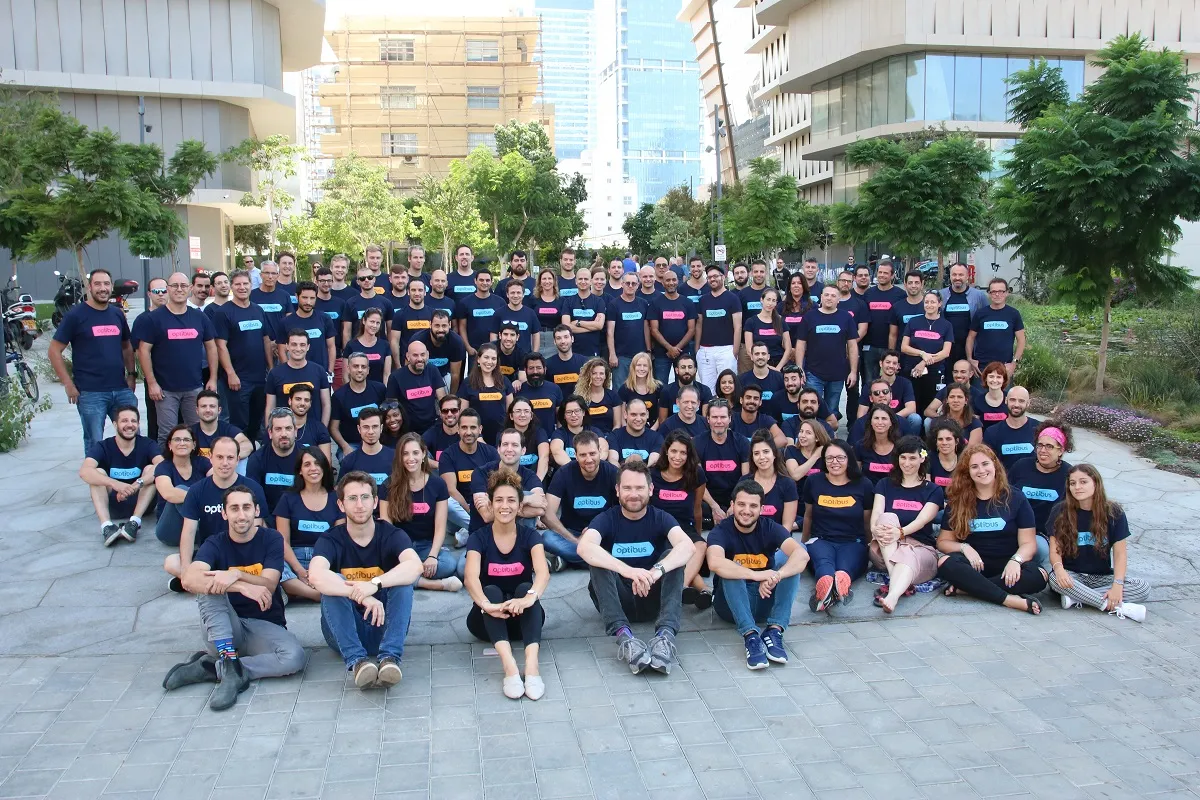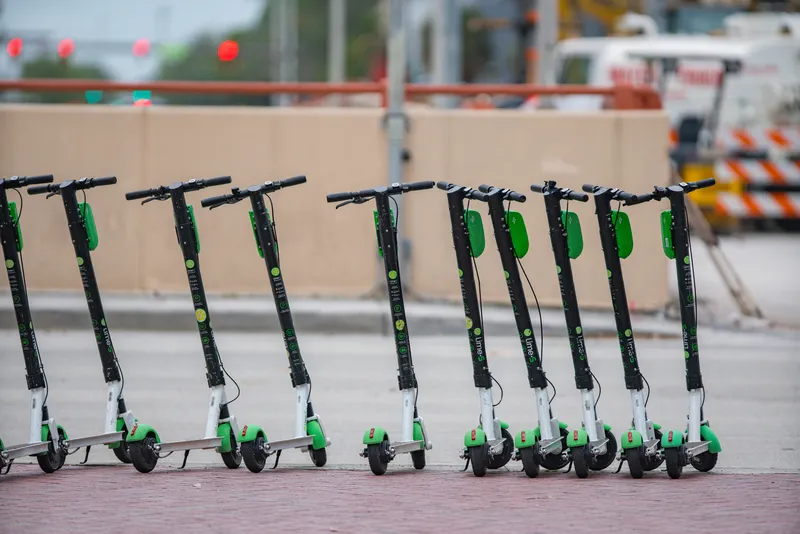Two micromobility firms in Latin America have joined forces to create a new outfit, Grow Mobility.
Electric scooter company Grin, and dockless bike provider Yellow, have merged and say they plan to double their combined 135,000-strong fleet.
Currently in six countries - Brazil, Mexico, Colombia, Peru, Uruguay and Chile - Grow will expand into “new markets”, the new entity says.
For the moment, the companies are maintaining their separate apps and brands under the Grow holding company, and they have a combined staff of 1,100.
Grow will build its own proprietary digital payments platform, and says it is expanding its food delivery service though grocery platform Rappi, which has 20 million users.
“The demand for these everyday services across Latin America is huge and, by combining strengths and resources, we will be able to move quickly to serve more users,” says Jonathan Lewy, Grin co-founder and chairman of Grow.
Latin American micromobility firms merge to form Grow
Two micromobility firms in Latin America have joined forces to create a new outfit, Grow Mobility.
Electric scooter company Grin, and dockless bike provider Yellow, have merged and say they plan to double their combined 135,000-strong fleet.
Currently in six countries - Brazil, Mexico, Colombia, Peru, Uruguay and Chile - Grow will expand into “new markets”, the new entity says.
For the moment, the companies are maintaining their separate apps and brands under the Grow holding company, and they hav
February 12, 2019
Read time: 2 mins










